News
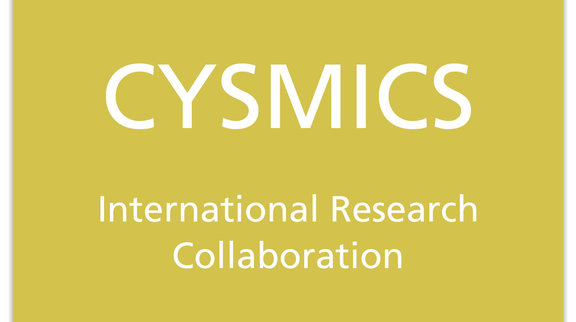
International Research Collaboration: Cybersecurity meets Artificial Intelligence
As attackers have increasing incentives to attack machine learning algorithms, cybersecurity researchers have to develop new defences throughout all layers of IT system: algorithm design, software, and underlying hardware. Moreover, as popularity in AI spikes and competition rapidly grows, protection of Intellectual Property (IP) for pre-trained machine learning models is of unprecedented importance. The rise of embedded and IoT (Internet of Things) devices poses an additional challenge to the development of lightweight secure systems powered by machine learning.
read more
International Research Collaboration: Cybersecurity meets Artificial Intelligence
As attackers have increasing incentives to attack machine learning algorithms, cybersecurity researchers have to develop new defences throughout all layers of IT system: algorithm design, software, and underlying hardware. Moreover, as popularity in AI spikes and competition rapidly grows, protection of Intellectual Property (IP) for pre-trained machine learning models is of unprecedented importance. The rise of embedded and IoT (Internet of Things) devices poses an additional challenge to the development of lightweight secure systems powered by machine learning.
read more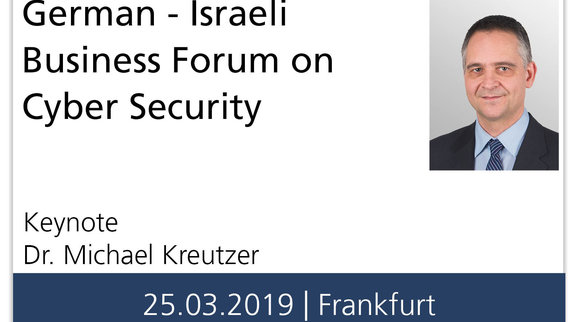
German - Israeli Business Forum on Cyber Security
Top-class security experts and company representatives from Israel and Germany discuss the current threat situation, suitable strategies and sensible solution options for companies in cyber security. CRISP researcher Dr. Michael Kreutzer from Fraunhofer SIT speaks the keynote about "Safeguard Smart City Infrastructure".
read more
Embedded World
Anyone who wants electromobility needs a functioning charging station infrastructure. To prevent attacks on the charging station network, cybersecurity has to be integrated right from the start. To make secure and privacy-friendly charging and billing possible as well as to protect customers and operators of charging stations and connected infrastructures, researchers of the Fraunhofer Institute for Secure Information Technology SIT have developed solutions. They will present their results at Embedded World in Nürnberg end of this week. In his talk CRISP researcher Andreas Fuchs, Fraunhofer SIT, give information about "Enabling TPM2.0 with an Open Source Software Stack for Industrial and Automotive Applications".
read more
Roadmap to Cybersecurity Research
30 renowned European IT security experts, including researchers of the National Research Center for Applied Cybersecurity CRISP, have been identified how to address digital threats at the European level. Under the coordination of the BMBF joint project secUnity, they elaborated the secUnity roadmap. During today's presentation in Brussels, the roadmap will be officially handed over to the European Agency for Network and Information Security ENISA.
read more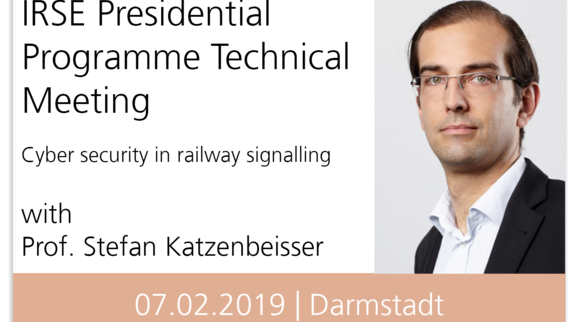
IRSE Presidential Programme Technical Meeting
The fifth Presidential Programme Technical Meeting for 2018-19 of the Institution of Railway Signaling Engineers (IRSE) comprises two talks, both exploring Cybersecurity in Railway Signalling. CRISP researcher Prof. Stefan Katzenbeisser, TU Darmstadt, talks about “Challenges in Designing Secure and Resilient Railway Command and Control Systems”.
read more
Eurocrypt 2019
Two papers from CRISP-researchers have been accepted at the 38th Annual International Conference on the Theory and Applications of Cryptographic Techniques (Eurocrypt 2019). EUROCRYPT is one of the three most important conferences of the International Association for Cryptologic Research (IACR). The conference addresses all aspects of cryptology, including theoretical foundations, cryptographic schema usage, cryptanalysis of widely used standards, cryptographic protocols, quantum cryptography, and cryptographic currencies.
read more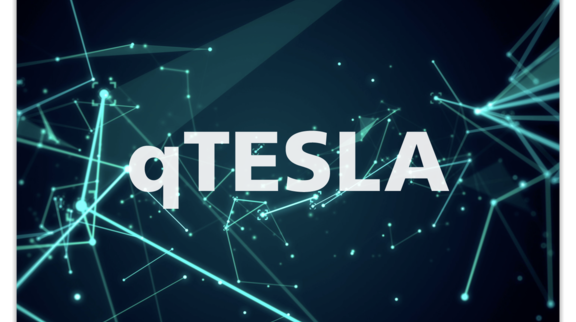
Darmstadt signature procedure is in the competition for standardization
Whether WhatsApp, online shopping or software updates: we use cryptographic procedures consciously or unconsciously to protect our data from unpleasant listeners many times a day . The security of the standard RSA process, which currently secures most of the communication on the Internet, is based on the fact that our present computers do not have enough computing power to break these procedures. A quantum computer would be able to do so, that means the communication would no longer be trustworthy. For example, one could then no longer be sure that the online transfer also arrives at the right recipient. To prevent this, researchers have been developing so-called "post-quantum methods" for years, i.e. methods and algorithms that will still be safe in the age of quantum computers.
read more
14th International Conference Business Informatics
At the International Conference Business Information Systems 2019 (Wi) there are many exciting scientific tracks on topical topics. Prof. Christian Reuter, CYSEC [at] TU Darmstadt, leads together with Prof. Stefan Stieglitz, University of Duisburg-Essen and Dr. Marén Schorch, University of Siegen, the track "Crisis and Continuity Management".
read more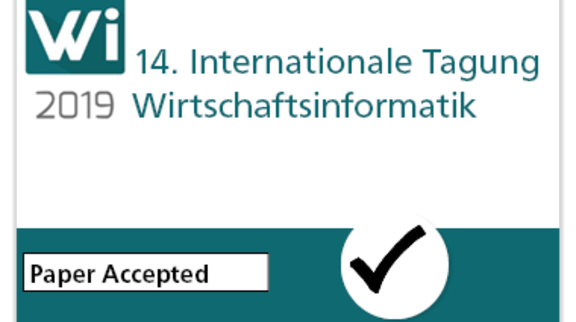
Wi 2019
Researchers of the TU Darmstadt were able to place a total of five at the 14th International Conference of Information Systems, short Wi, 2019. The conference, which takes place every two years, is one of the leading conferences in the field of business informatics in the German-speaking world. In 2019, the motto is "Human Practice - Digital Ecologies - Our Future".
read more